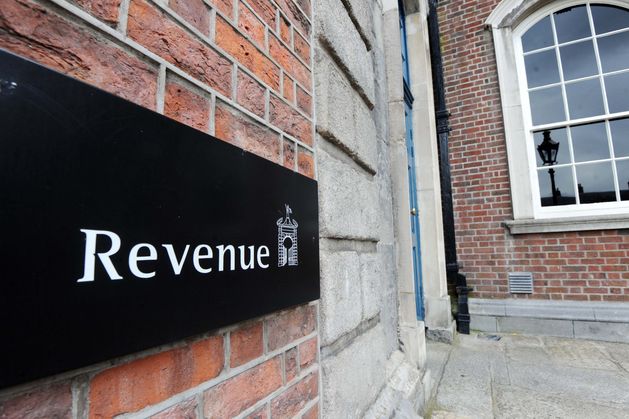After the man’s aunt died in 2017, he inherited her house. Following an investigation, the Revenue Commissioners issued a bill to him last year for underpayment of €288,465 in CAT along with a €28,846 surcharge for a late submission return.
Revenue issued the assessment on the basis that the man received a house that was not his aunt’s main residence, along with free accommodation and cash gifts.
Disputing the assessment and claiming exemptions from the imposition of CAT, the man claimed he was a dependant relative of his aunt and that he is permanently incapacitated due to mental health issues.
In a submission to the Tax Appeals Commission on his behalf, it was stated that he is at the end of his working life and unable to support himself. “He is very vulnerable and emotionally struggling to survive, which his medical reports have clearly stated,” the submission read.
However, appeals commissioner Clare O’Driscoll found as a material fact, and based on medical documentation, that the man was not permanently and totally incapacitated due to mental or physical infirmity prior, or at the time of, his aunt’s death in 2017. She noted his LinkedIn profile from August 2022 stated that the man was a managing director at the time and had been since July 1988.
A letter from April 2024 was submitted on the man’s behalf by a doctor who said he “has suffered from an extremely disabling condition for the past 25 years or so”.
The doctor said “the level of anxiety associated with this condition is the highest for any mental health condition. Resolution to this condition has been impossible to general adult psychiatry to date”.
He said the man “is doing everything in his power to combat the exceptional level of anxiety that he is experiencing…it would not surprise me if the High Court designated him as a vulnerable adult and made him a ward of court to protect his welfare”.
The doctor did not appear as a witness. Revenue contended that the appellant was not incapacitated at the time of his aunt’s death in 2017.
Ms O’Driscoll accepted the appellant had experienced poor mental health since at least 2008, but none of the documentation showed he was ever totally incapacitated. She had no documentation on the man’s health in 2017.
She found that the man was not a dependant relative and therefore not entitled to an exemption from CAT.
